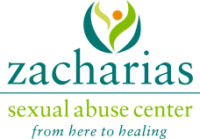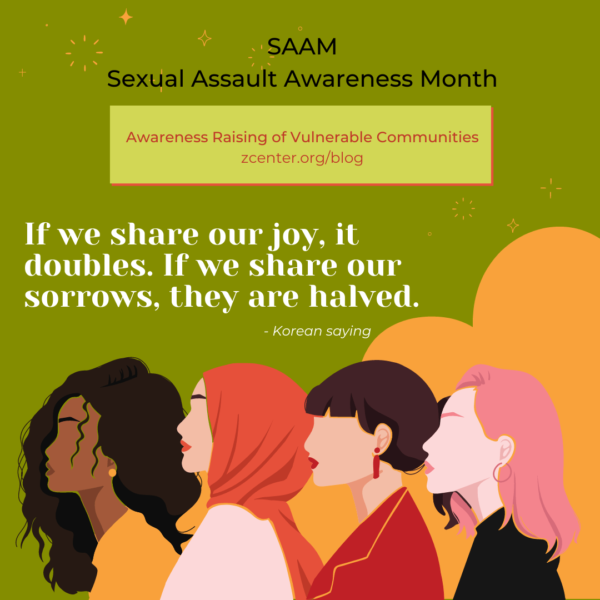On March 16th, 2021, there was a mass shooting in Atlanta. Eight people were killed and of those, six were Asian women. Soon after this event the media and the public spoke louder about fears of Asian hate crimes, racial injustice, and more. As an Asian woman, this news struck close to my heart. There was definite anger and bitterness stemming from fear and horror.
For more information about the event, see this NY Times article.
I find myself wrestling with questions like “How do we fight this hate? How do we protect people against hate?” These questions swirl through my mind with a feeling of wanting to do something about the helplessness that seems just around the corner. After such ponderings for an answer, I am often brought to a place of wondering what is within my realm of influence for myself and those around me. What can I do for those around me to protect them and provide safety? How do I advocate for those who are in such vulnerable positions? I find myself wanting to provide a safe space to process their thoughts, emotions, and personal stories. I find myself wanting to build a community. In Korea, there is this saying that if we share our joy, it doubles and if we share our sorrows they are halved.
When the topic of race and racial injustice is usually brought up in social gatherings, it often seems to create an awkward silence, division, frustration, confusion, and discomfort. It is difficult to feel safe and become vulnerable about the topic of race and racial injustice freely and openly. This difficulty leads people to avoid engaging which creates further assumptions and division. It is a cyclical pattern that keeps us stagnant and stuck. In the end, such deepening assumptions and division only inspire further isolation and increase risk of vulnerability to the minorities.
Yet people need a safe space to talk about hard topics like this. The politeness given to one another to avoid conflict or the angry outbursts have only led to further divide, prejudice, and misconceptions. In order for us to create a safe space for one another, we need to not assume our own cultural perspective as “the correct one,” but to increase self-awareness of one’s own beliefs and values and to hold an attitude of humility towards the other.
The attitude of humility starts not with exclamation points (assumptions and judgment) but with question marks (curiosity and compassion). The hope of cultural humility is to help people feel safer to talk about differences and accept differences. Different cultures are not lesser, wrong, or weird. They are just different. Let us all have an approach of question marks to ourselves (bias and assumptions) and question marks to others (curiosity and compassion) to create a safer space for difficult topics and difficult times. Let us create shelter for one another and for the vulnerable communities.
For more information on communities who are more vulnerable and at the highest risk for sexual violence, see Rainn.org. For more information on risk factors for sexual violence, see CDC.gov.
Written by Gloria Lee, Counselor
All ZCenter blog posts are written by state certified staff, interns, and volunteers. For questions on authorship or content, please email kjones@zcenter.org.

